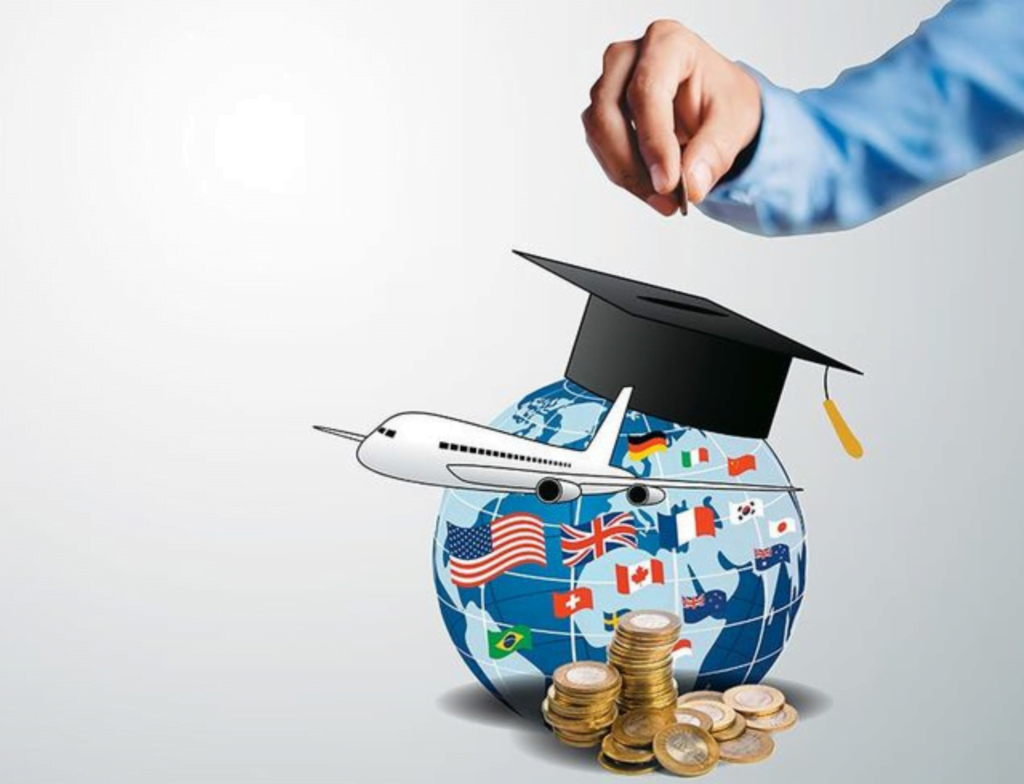The Australia student cap debate ignited controversy over proposed international student number limits. Labor argued that capping commencements at 270,000 by 2025 would help with the housing crisis and rising immigration rates, but its critics regard the legislation as ‘chaotic and confusing.
This blog unwraps the implications of these proposed caps, the division in the political arena surrounding the legislation and its implication on international students as well as the economy of Australia.
Meaning of Propose Student Cap
Labor government aimed to take international student numbers back to pre-pandemic levels by capping new commencements at 270,000 per annum. This is seen as a measure towards immigration control and relief of housing shortages ahead of federal elections.
The opposition parties, Liberal-National coalition, and the Greens have all condemned the law as it simplifies, rather than sets out, the problems in the immigration and housing sectors.
1. Debates on Migration and Housing
AUSTRALIA is facing its worst housing crisis, and it has sparked fresh calls for tightened immigration policies – including caps on international students. Education Minister Jason Clare last night defended the proposed cap, saying, “You can’t talk tough on immigration and then vote against putting a limit on the number of people that come to this country every year.”
Critics, however, said that blaming the international students hid behind the structural collapses in housing supply and in planning.
2. Senate Block and Opposing Voices
The opposition led by Liberal-National coalition member Sarah Henderson labeled the bill “chaotic” as it seems not to point out the root causes such as deficits in infrastructures and bad planning on the part of the government.
Without support from the Greens and the opposition, the bill has slim chances of making it to the Senate. Sarah Hanson-Young, the Greens leader, also voiced her opinion, saying that the legislation could damage Australia’s status as a global centre for education.
3. Implications for International Education in Australia
In addition, universities and vocational training providers rely on international students for much-needed revenue. The proposed cap threatens this important sector which generated $40.3 billion for the Australian economy in 2019.
Universities Australia CEO, Luke Sheehy described the legislation as “phony war blaming international students” for broader problems. He appealed to the two sides of politics to focus on investments in the university sector in Australia rather than punitively restrictive policies.
Impact on International Students:
This ongoing debate on the future of Australia as a study destination poses a few pertinent questions for aspiring international students.
Points to Consider for Students:
Availability in Accommodation: Students need to get themselves prepared for trouble ahead in terms of securing affordable accommodation.
Registration uncertainty:
In case the debate postpones policy definition, then students’ registration plans will be further dazed.
Alternative Destination: Students may eye Canada or UK, or Germany, for higher studies.
Conclusion
The capping of international student numbers has set off a contentious debate on immigration, housing, and the future of Australia’s education sector. The Labor government makes it seem like it can provide solutions to pressing crises that have faced this country, while the opposition parties claim that it may do more harm than good by curtailing an essential revenue source.
The future of international education in Australia is still uncertain pending Senate hurdles for the recently passed legislation, which calls for sensible and holistic policymaking.





